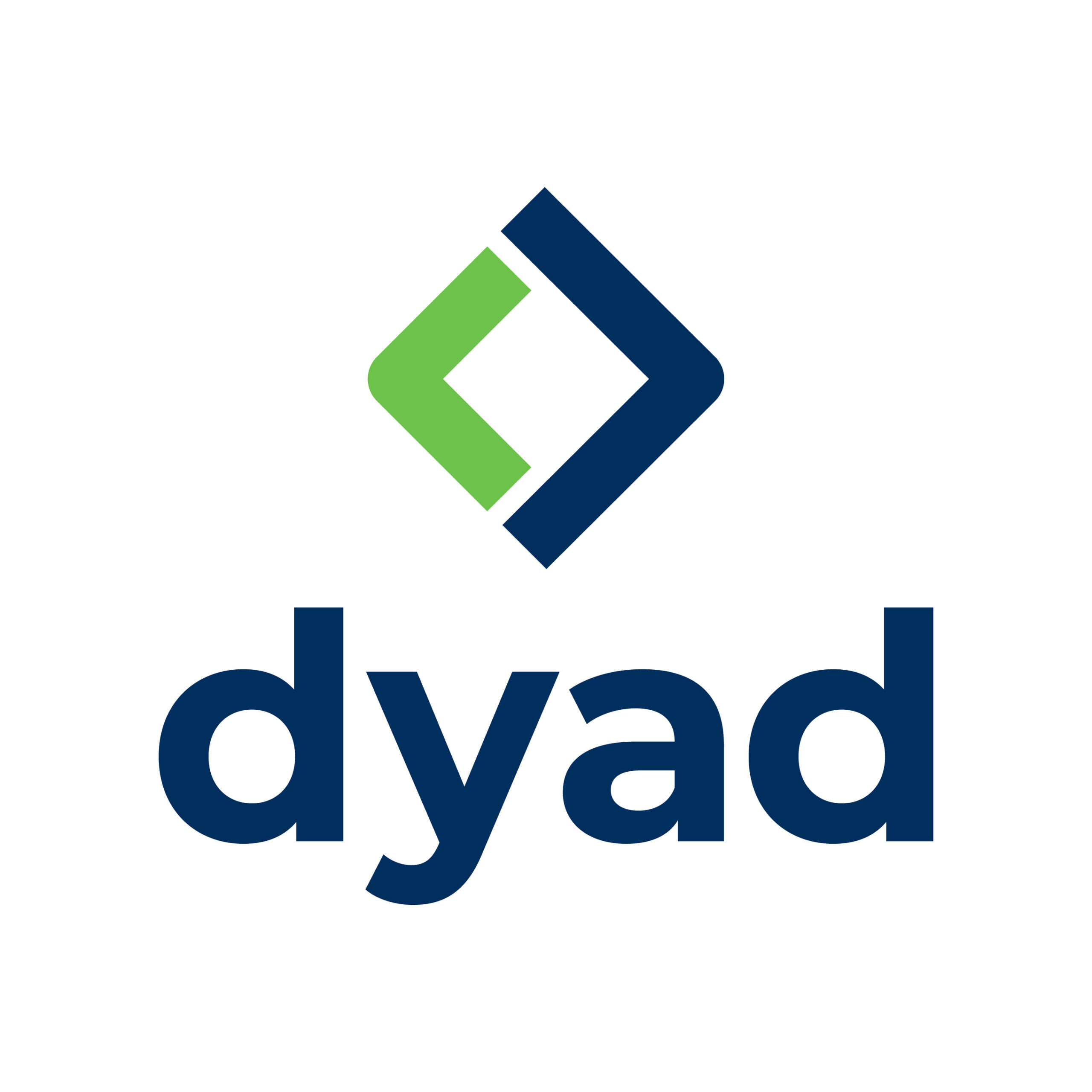© Reuters. FILE PHOTO: The International Monetary Fund (IMF) logo is seen outside the headquarters building in Washington, U.S., September 4, 2018. REUTERS/Yuri Gripas/File Photo
By David Lawder
WASHINGTON (Reuters) -The U.S. Treasury will push for a general increase in International Monetary Fund quota resources this year that would maintain the IMF’s current voting power allocations for the time being, the department’s top economic diplomat said on Thursday.
Jay Shambaugh, the Treasury’s undersecretary for international affairs, said ahead of a G20 leaders summit in India that the Treasury is also pressing for ways to shore up the IMF’s fund for the world’s poorest countries, the Poverty Reduction and Growth Trust, as it seeks to bolster the IMF’s lending resources to deal with continuing economic stress.
“We are making a commitment to reinvest in the IMF,” Shambaugh said at a Center for Global Development event. “This year, we will support an increase in quotas – for a broad increase across all members – with the goal of strengthening the IMF as a shareholder institution at the core of the global financial safety net.”
His remarks come as President Joe Biden and Treasury Secretary Janet Yellen attend the G20 summit in India, where they are advocating for reforms and more funding for the IMF and World Bank as sources of high-standard lending that can provide countries an alternative to borrowing from China.
A quota increase would require member countries, particularly its larger, wealthier shareholders, to contribute more funds at a time of slowing growth and tighter fiscal budgets following years of pandemic spending.
Shambaugh, who manages the dominant U.S. shareholding in both institutions, said that for now, the U.S. supports an “equiproportional” increase in IMF quotas — allocated in proportion to existing shares — as a way to quickly get the IMF the resources it needs and allow member countries to access larger loans.
But over time, the U.S. would work towards a new quota formula that would recognize the rising economic clout of dynamic emerging markets, he said.
Among the biggest winners of that process would be China, India and Brazil. Without naming them, Shambaugh said an important part of that process would be to ensure that countries “that would see and increase in share, are respecting the rules and norms of the IMF and working to strengthen the international monetary system.”
The comment was partly a swipe at China’s rampant lending to developing countries and reluctance to engage on debt restructurings.
“Part of the rules of the game are, if you’re doing a lot of lending, you need to recognize when that lending has gone bad, and work globally to get a country out of that position,” he said.
The IMF is aiming to complete a review of its quota resources — which form the biggest part of its $1 trillion in total lending firepower — by Dec. 15, and is seeking “considerable progress” by IMF annual meetings in Morocco in October.
Shambaugh ruled out a new allocation of IMF Special Drawing Rights resources and said the Fund needed to stick to its core activities of strong surveillance, policy advice and reforms required in its lending.
He said the IMF must be willing to “walk away” if a country fails to take needed reform steps to restore economic stability. “A program with insufficient adjustment will just leave the country back in the same or worse economic position, often with more debt. If a program lacks credibility, it cannot bring new private financing along with it.”
He did not single out any IMF loans that have gone through multiple revisions, such as the recent easing of targets for Argentina’s struggling $44 billion loan program.





































